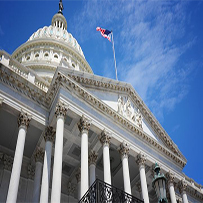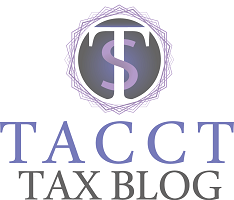
On 2/9/18, the U.S. government passed a $400 billion budget bill that retroactively renews about 30 tax breaks that expired at the end of 2016, allowing taxpayers to claim them on the 2017 returns they file this year.
The IRS announced this afternoon that it will be assessing the significant changes in order to determine its implementation plan. Tax software companies will be updating their systems per IRS.
How does this affect me?
If any of these extenders below pertain to you, then you either wait for IRS to update their systems to file, so you can take advantage of the deduction, or file your return now and then amend later with 1040X. If you already filed and qualify, then an Amended return may be needed to take the deduction.
Notable Extenders
Exclusion for discharge of indebtedness on a principal residence
The provision extends the exclusion from gross income of a discharge of qualified principal residence indebtedness through 2017. The provision also modifies the exclusion to apply to qualified principal residence indebtedness that is discharged pursuant to a binding written agreement entered into in 2017. Normally, taxpayers have to pay income taxes on forgiveness of debt.
Premiums for mortgage insurance (PMI) deductible as mortgage interest
The provision extends the treatment of qualified mortgage insurance premiums as interest for purposes of the mortgage interest deduction through 2017. So, this only helps you if you’re itemizing deductions. This deduction phases out ratably for taxpayers with adjusted gross income of $100,000 to $110,000.
Above-the-line deduction for qualified tuition and related expenses
The provision extends the above-the-line deduction for qualified tuition and related expenses for higher education through 2017. The deduction is capped at $4,000 for an individual whose adjusted gross income (AGI) does not exceed $65,000 ($130,000 for joint filers) or $2,000 for an individual whose AGI does not exceed $80,000 ($160,000 for joint filers).
The $500 energy-efficient home improvements tax credit (Credit for Nonbusiness Energy Property)
The provision extends this one under “energy” extenders, but it affects a homeowner’s personal tax return. You can get a tax credit (that’s a dollar-for-dollar reduction in your tax liability) of up to $500 (10% of the amount paid) for making energy-efficient home improvements like new windows or upgraded heating/a-c equipment.
For a full list, see this Senate Finance Committee Summary of the Tax Extenders Agreement included in the Bipartisan Budget Act.



